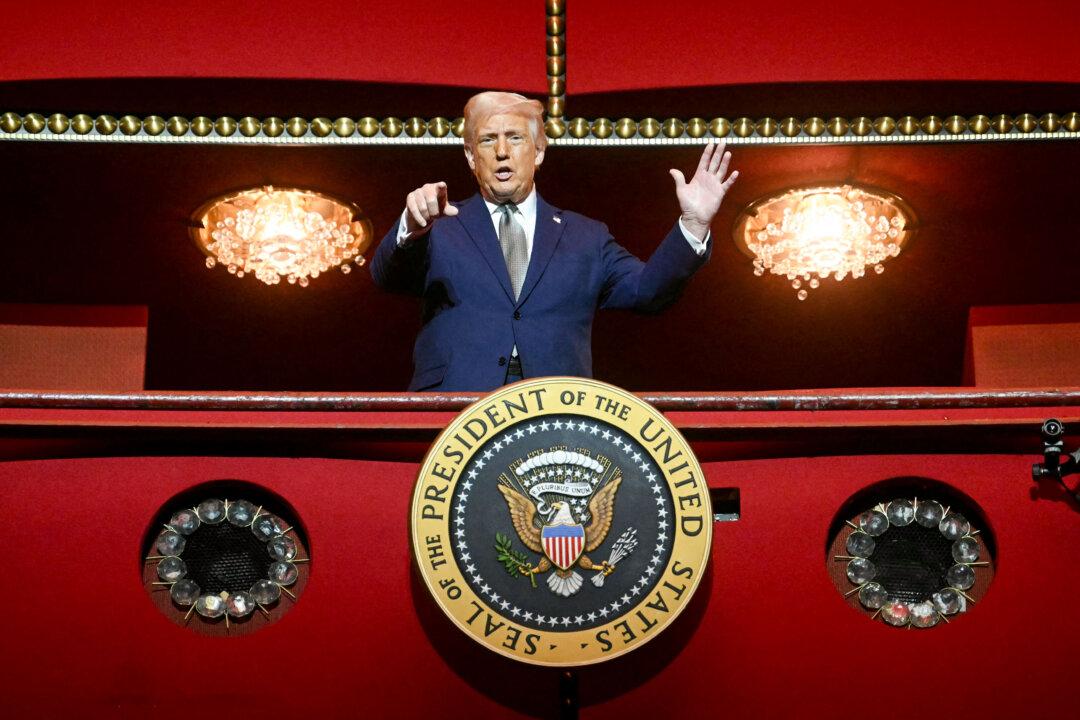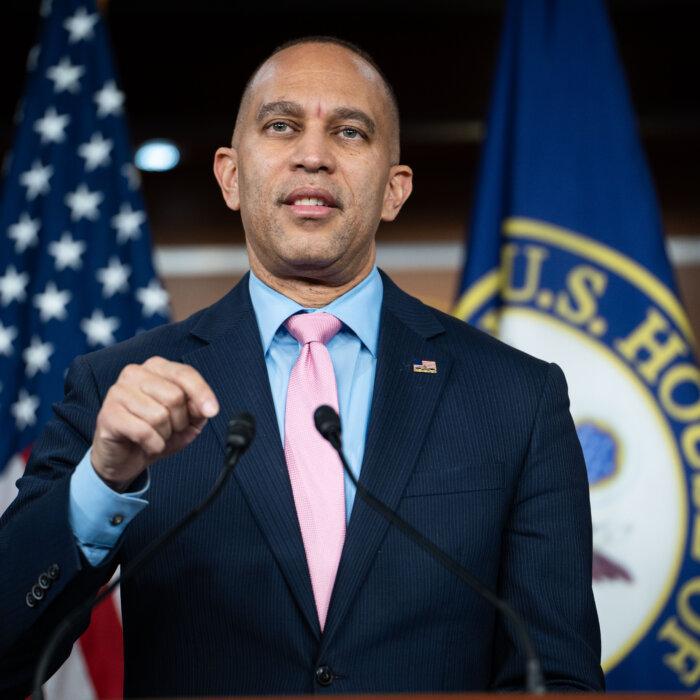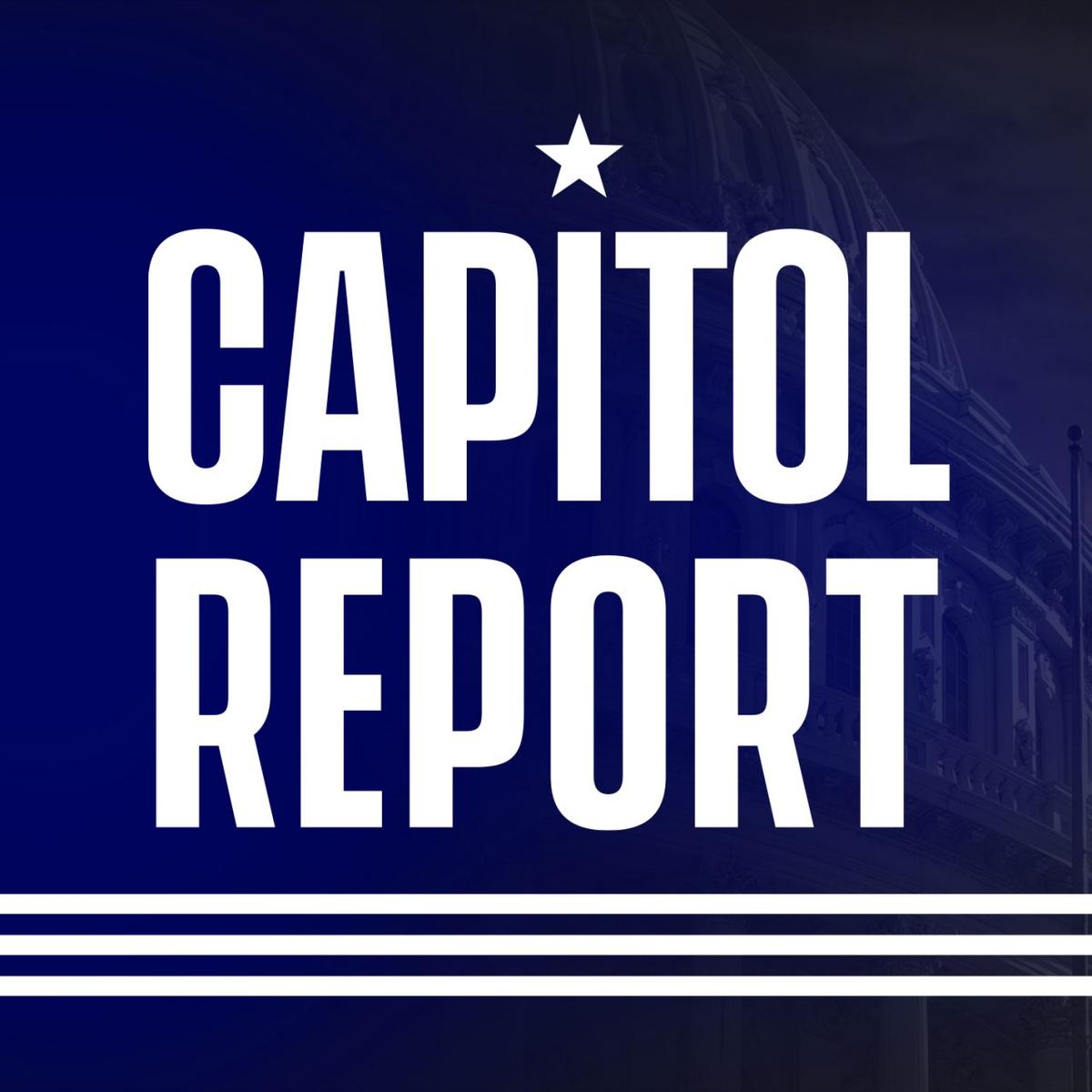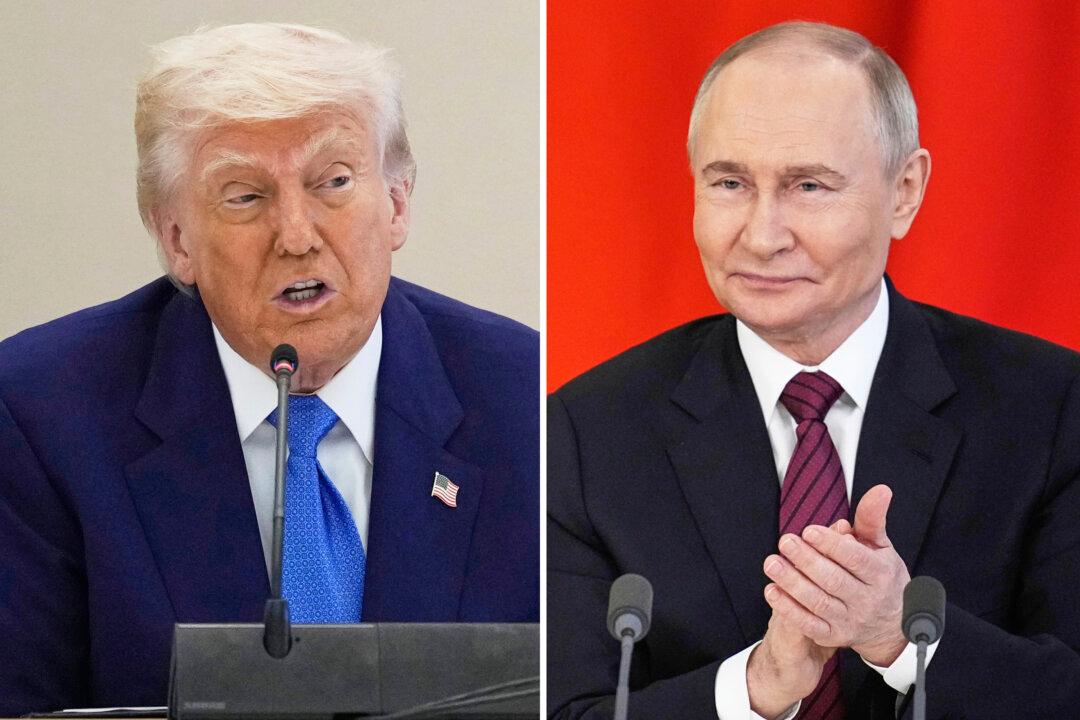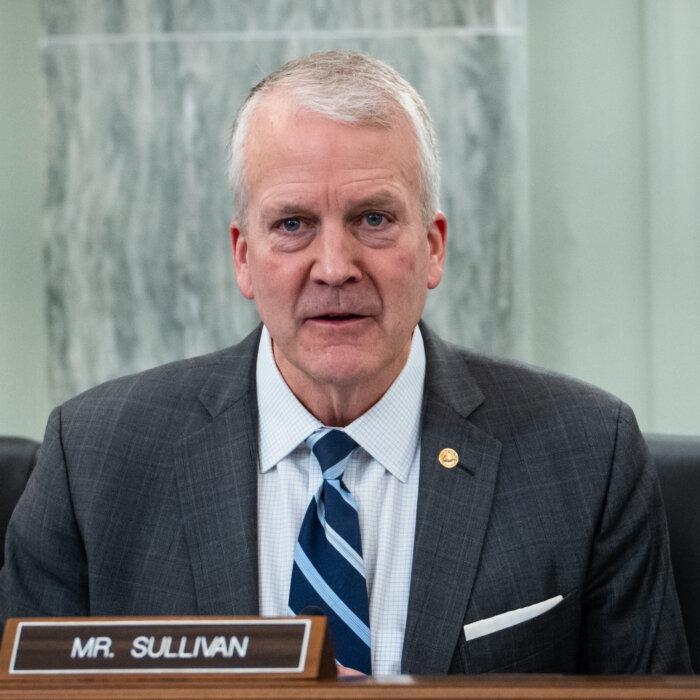Canada, UK, France Threaten ‘Concrete Actions’ Against Israel Over Gaza Offensive
Israeli Prime Minister Benjamin Netanyahu responded by saying the three countries were ‘offering a huge prize for the genocidal attack on Israel.’

Prometheus, Part 1: What We Can Learn from the Liminal Hero
In part 1 of this series, we learn about Prometheus, who sided with Zeus against his own kind, the Titans.

Great Music May Surpass Our Understanding
Criticism of music and poetry can’t be distilled into a science; its very nature comes from the changeability found in the human soul.
Most Read
SBA Overhauling Biden-Era Loan Program Following High Default Rates
A moratorium has been issued banning the further expansion of the program.
Hungarian Parliament Approves ICC Withdrawal Bill
Prime Minister Viktor Orbán announced his intention to leave the court’s jurisdiction last month as he welcomed Israeli leader Benjamin Netanyhu to Hungary.
DOJ Launches Initiative to Target Federally Funded Institutions Over DEI, Anti-Semitism
Universities could risk losing their access to federal funding if they are found to be ‘discriminating against their students,’ the Department of Justice said.
How the Chinese Regime Uses YouTube to Influence Americans
Beijing has increased its propaganda efforts on YouTube.
Trump’s Pick to Head IRS Set for Long-Delayed Confirmation Hearing
After a five-month wait, former Rep. Billy Long faces a hearing in the Senate amid scrutiny of his qualifications and the agency’s operations.
Trump Admin Lifts Stop Work Order on New York Offshore Wind Project
About 30 percent of the project has already been completed, according to developer Equinor.
Bessent Warns Tariffs Will Go Back Up for Nations That Do Not Negotiate in ‘Good Faith’
Treasury Secretary Scott Bessent said that those who fail to negotiate in good faith will receive a letter notifying them of the tariff they will face.
US Attorney Charges NJ Congresswoman With Assault in ICE Facility Incident
DOJ’s Alina Habba said Rep. LaMonica McIver’s conduct ‘cannot be overlooked’ by the chief federal law enforcement authority.
Mexican Navy Ship Hits Brooklyn Bridge: What We Know So Far
The NTSB has assembled a team of experts in New York to conduct a safety investigation into the crash involving the training ship known as Cuauhtémoc.
Epstein Died of Suicide, FBI Chiefs Say
FBI Director Kash Patel and FBI Deputy Director Dan Bongino confirmed Epstein ‘killed himself’ in a Manhattan jail in 2019.
China Residents Report New Wave of COVID-19 as Infection Rates Double
Experts say the CCP continues to underreport the scale of the outbreak, as it spreads to Hong Kong and Taiwan.
Energy Department Ends Biden-Era LNG Export Pause
The department says increased LNG exports benefit economy, allies, and national security.
DOJ Says It May Drop Boeing Criminal Fraud Case Over 737 Max Crashes
The Justice Department said that a final decision has not yet been made.
▶Shen Yun Closes a Successful 2025 World Tour
Despite threats from the Chinese communist regime, Shen Yun Performing Arts shines on the world stage.
Day in Photos: Volcanic Eruption in Indonesia, Taxi Drivers Protests, and Chelsea Flower Show
A glimpse into the world through the lens of photography.
DHS Announces First Completed Self-Deportation Flight
The flight traveled from Houston, Texas, to Honduras and Colombia, according to the agency.
Milk, Science, and School Lunches: A Battle Over What Kids Eat
A battle over bringing whole milk back to cafeterias highlights the real food problem facing America’s next generation.
Trump Signs ‘Take It Down Act’ Targeting Deepfake and Revenge Porn
The bill was championed by First Lady Melania Trump, who said she met with survivors to better understand the situation and how children are impacted.
Mexican Ship Increased Speed Before Brooklyn Bridge Strike: Transport Safety Board
The board said it was investigating potential engine failure but has not yet determined a probable cause for the incident.
Special Coverage
Special Coverage























































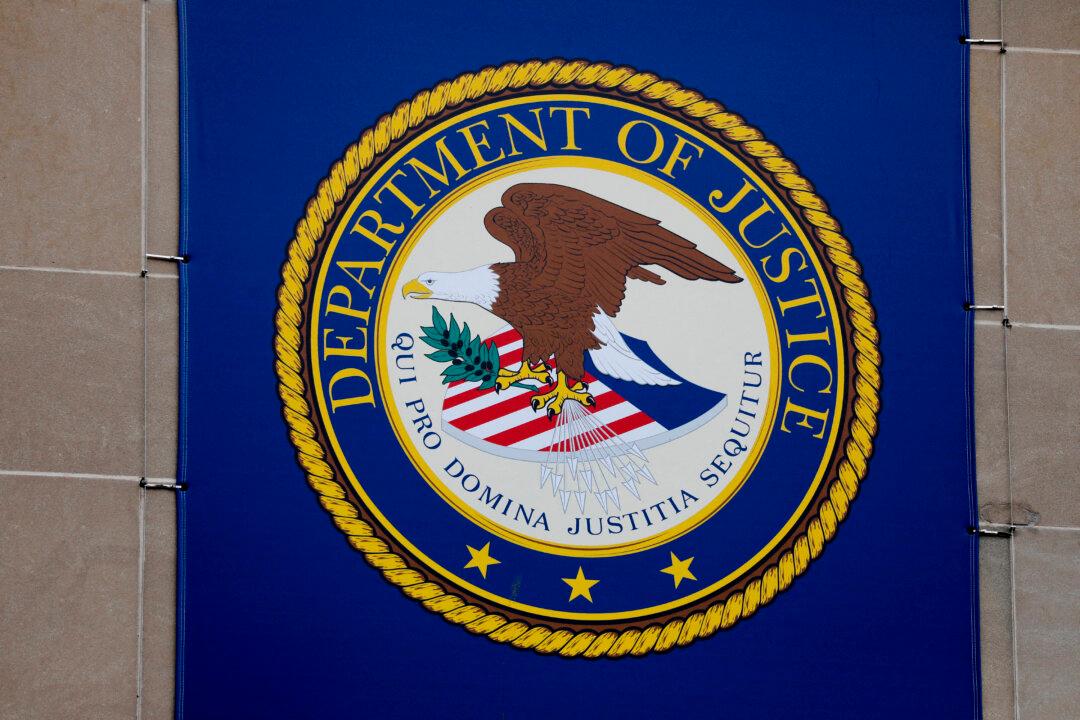





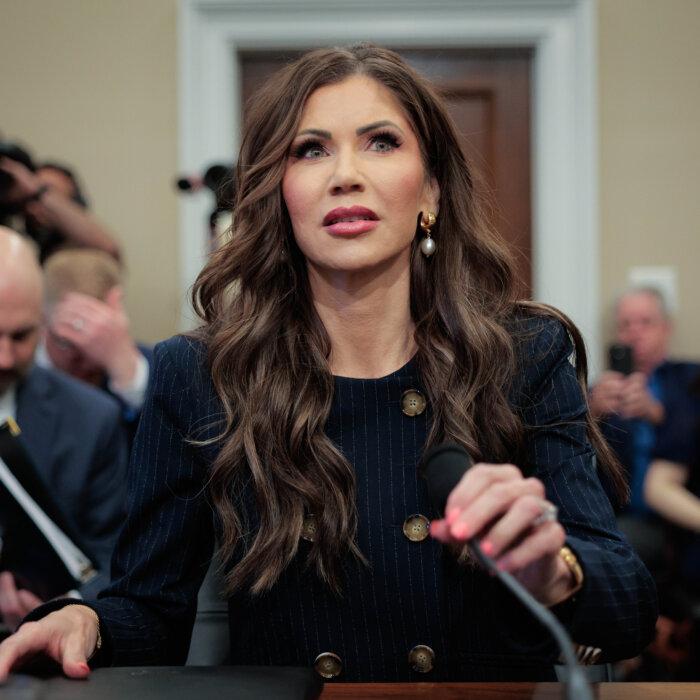
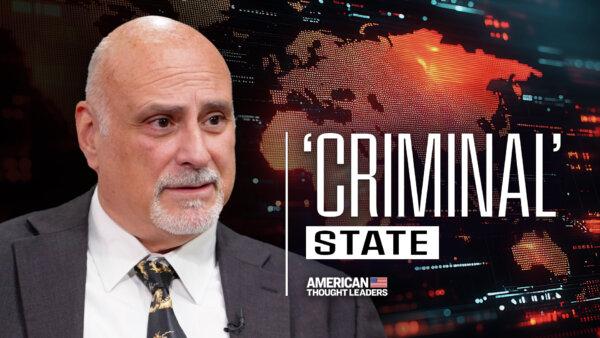

![[LIVE NOW] SCOTUS Clears Way for Deportations; New ‘Russiagate’ Evidence Uncovered | Live With Josh](https://www.theepochtimes.com/_next/image?url=https%3A%2F%2Fimg.theepochtimes.com%2Fassets%2Fuploads%2F2025%2F05%2F19%2Fid5860285-052025_REC-600x338.jpg&w=1200&q=75)




